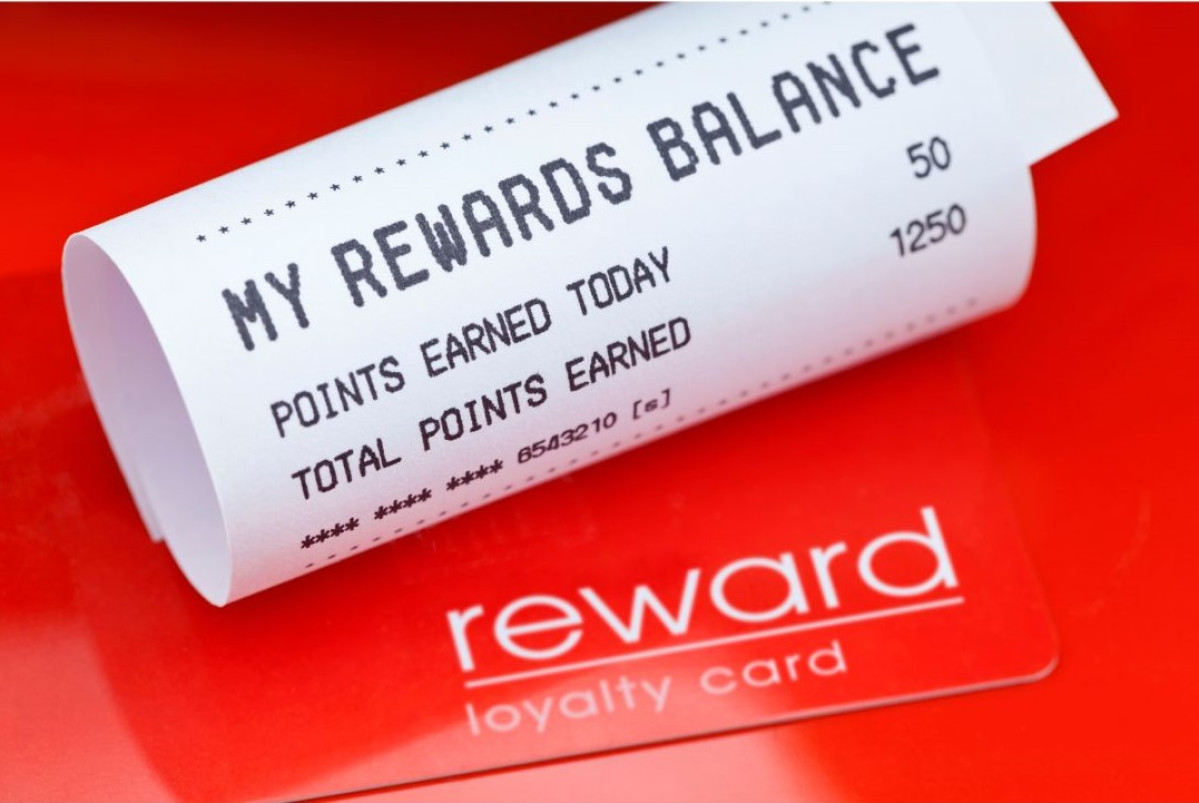In this blog post, we will explore the importance of customer loyalty programs for small businesses and provide a comprehensive guide on how to create and implement a successful program.
Understanding Customer Loyalty
Customer loyalty refers to the tendency of customers to repeatedly purchase from a particular brand or business. For small businesses, customer loyalty is a critical factor that can significantly impact long-term growth and success.
One effective way to foster customer loyalty is through the implementation of a customer loyalty program. Benefits of loyalty programs for small businesses include increased customer retention rates, enhanced brand recognition, and improved customer lifetime value.
There are several types of customer loyalty programs, including point-based programs, tiered programs, and subscription-based programs, among others. Each type has its own set of advantages and can be tailored to fit the unique needs and goals of a small business.
By understanding the fundamentals of customer loyalty and the benefits and types of loyalty programs available, small businesses can make informed decisions when developing their own loyalty program.
Creating a Successful Customer Loyalty Program
Creating a successful customer loyalty program involves several key steps:
First, small businesses need to define the objectives of the program, such as increasing customer retention or driving more sales.
Next, it's crucial to identify the target customers, as this will help determine the most effective rewards and incentives to offer. The rewards and incentives should be meaningful to customers and aligned with the program's objectives.
Once the rewards are selected, it's important to create a communication plan to promote the program and keep customers engaged. This could include email newsletters, social media posts, and in-store promotions.
Finally, it's essential to measure the program's success regularly, through metrics such as customer retention rate and program participation. By tracking these metrics, small businesses can make data-driven decisions to improve the program and ensure its ongoing success.
Best Practices for Customer Loyalty Programs
To ensure the success of a customer loyalty program, small businesses should follow some best practices. First, it's essential to keep the program simple and easy to use, with clear rules and guidelines. Customers should not be overwhelmed with complicated procedures or multiple tiers.
Personalization is another crucial factor, as it helps customers feel valued and appreciated. This could include personalized offers or rewards based on their purchase history.
Additionally, customer referrals can be a powerful tool for expanding the program's reach and acquiring new customers. Businesses can offer incentives for referrals or run referral-based promotions to encourage customers to spread the word.
Finally, it's important to analyze program data regularly to identify areas for improvement and make data-driven decisions. This could include tracking customer behavior and engagement, identifying popular rewards or promotions, and optimizing the program accordingly.
What To Avoid When Designing Customer Loyalty Programs
While customer loyalty programs can be highly effective, there are some common mistakes businesses should avoid.
For example, a poorly defined or complicated program can be a major turnoff for customers. If it's too difficult to understand or use, customers may lose interest or become frustrated. Another mistake is offering rewards or incentives that are not relevant or valuable to customers.
To avoid these mistakes, businesses should listen to their customers and identify their preferences and needs. This could involve conducting customer surveys or focus groups to gain insights into what rewards or incentives would be most meaningful.
Additionally, it's essential to regularly assess and adjust the program based on customer feedback and market trends. By avoiding these pitfalls and staying attuned to customer needs, businesses can create a successful customer loyalty program that drives growth and retention.




